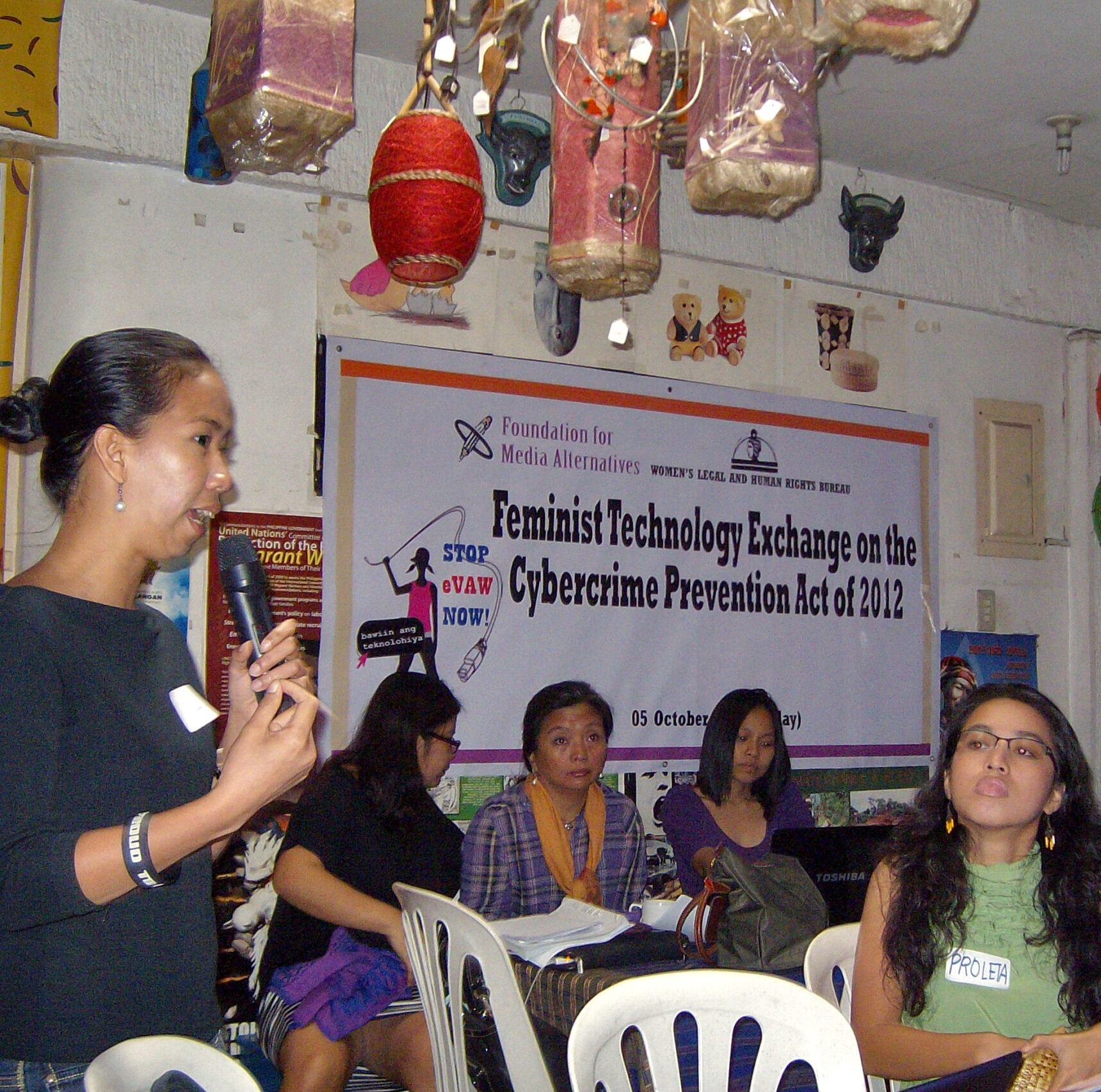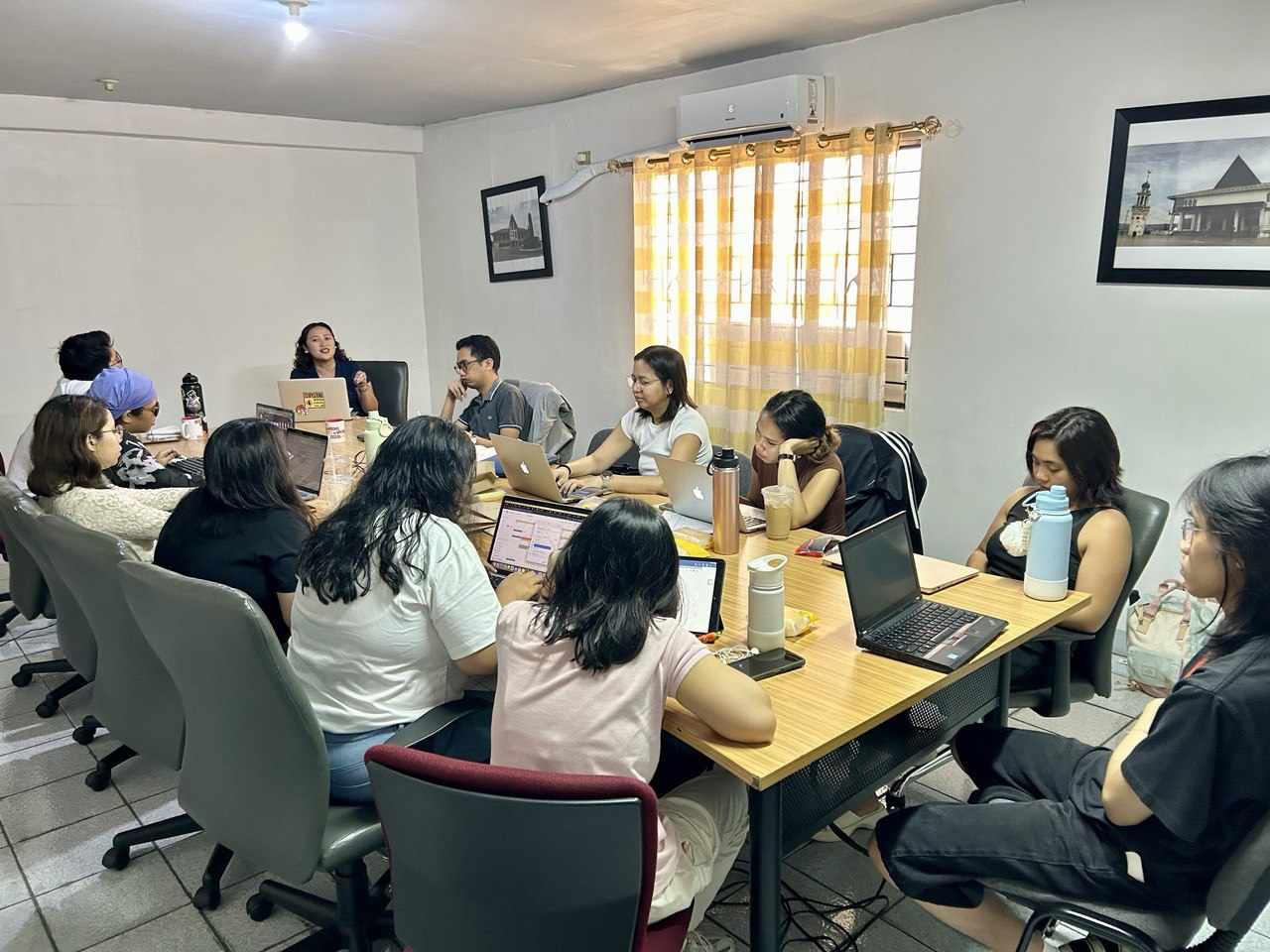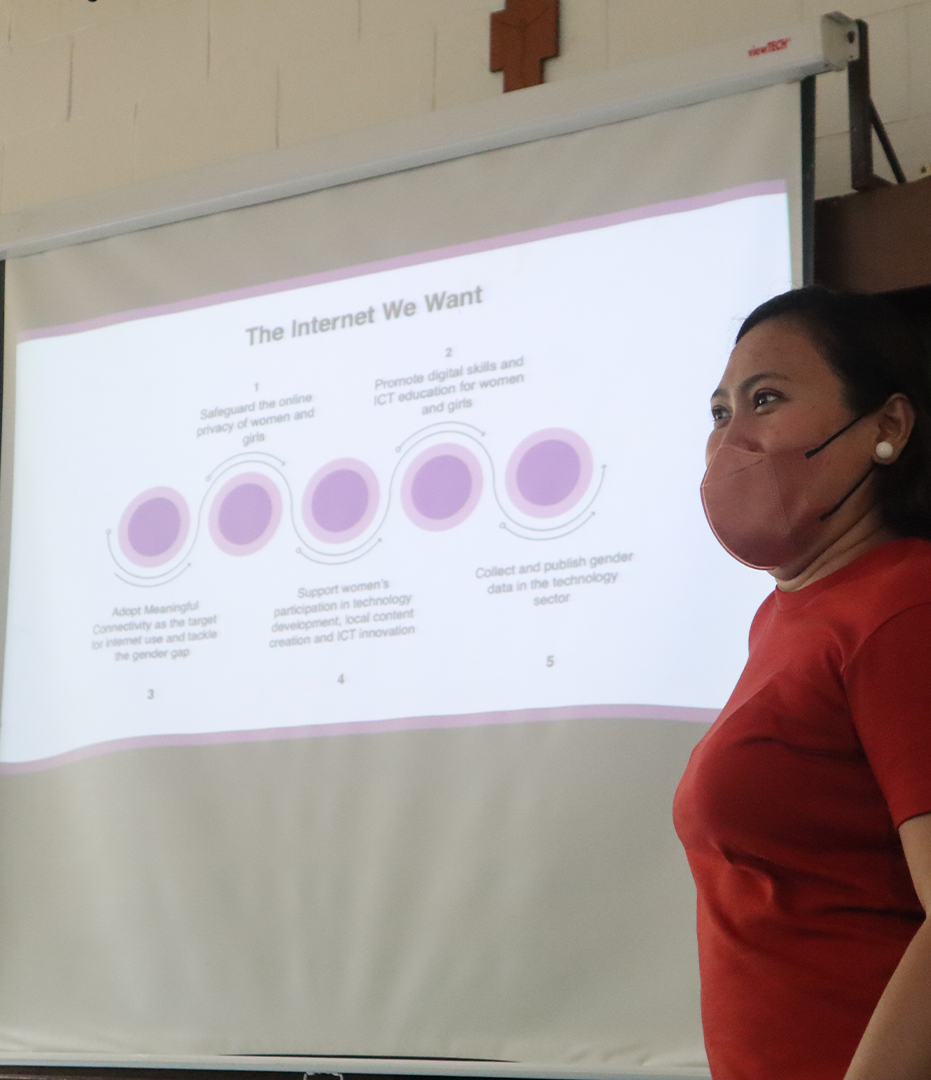Image-Based Abuse in the Philippines: Why “Consent Matters”
Image-Based Abuse in the Philippines: Why “Consent Matters” In the Philippines, sharing intimate pho…
What we do
The Gender and ICT Program focuses on the intersection between ICT and gender rights and issues, including women’s use and access of ICTs and tech-related gender-based violence.


Technology-facilitated gender-based violence (TFGBV) and the stifling of freedom of expression online are prevalent issues that disproportionately affect women and girls. For this project, the Foundation for Media Alternatives has created a policy brief reviewing the implementation of Anti-Photo and Video Voyeurism Act, Safe Spaces Act, Data Privacy Act and E-VAWC bills filed in Congress. This research is complemented with capacity-building and awareness-raising sessions on TFGBV with women from civil society and local government units.
With the support of partner organizations, the Gender program of the Foundation for Media Alternatives has been able to conduct digital security training with at-risk communities such as human rights defenders and womens’ rights groups.
The gender program has held digital security workshops across the country and organized fora with other groups to discuss best practices in the evolving landscape of digital security.


The overall objective of the project is to expand and strengthen the network of actors in Southeast Asia engaging in feminist politics of the internet through collaborations, networking, and support to intersectional feminist movement building work in the digital age.
In this regard, the Foundation for Media Alternatives (FMA) has supported efforts in the region aimed at building a stronger Southeast Asia feminist internet movement, especially among women migrant groups and movements. For this project, FMA has improved the existing feminist online resource hub and conducted two workshops for women migrant workers and their families on the issue of digital rights.
Image-Based Abuse in the Philippines: Why “Consent Matters” In the Philippines, sharing intimate pho…
KnowTheLaw: Protecting Women from Tech-Facilitated Gender-Based Violence Knowledge is power and when…
Why Digital Security is a Feminist Issue for Women with Disabilities In today’s connected worl…